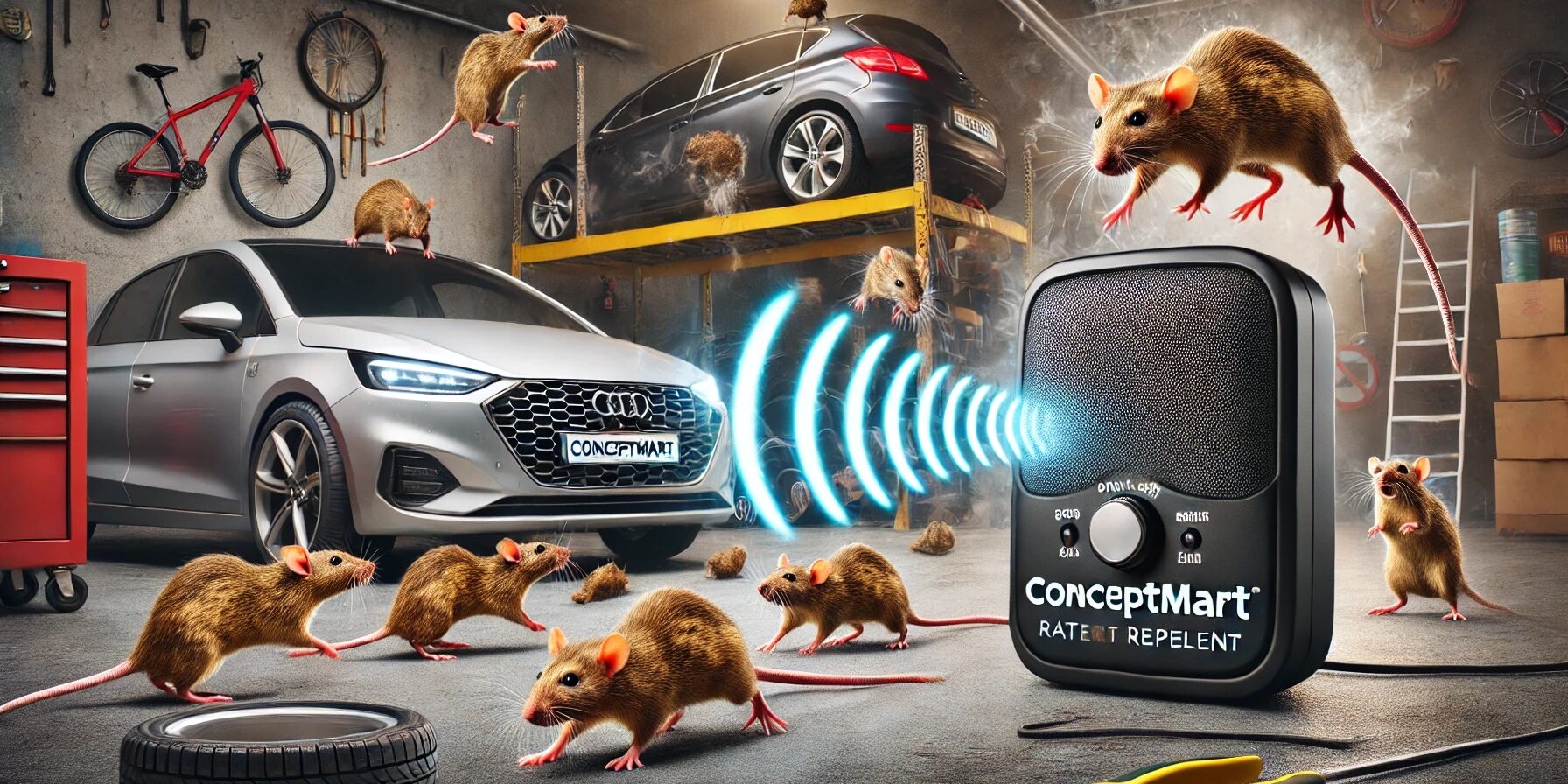Rat can wreak havoc in car and vehicle garages, causing significant damage to wiring and creating costly repairs. To combat this issue, using a garage rodent repellent is crucial. One effective solution is the use of a random variable ultrasound device, which emits a threatening sound that keeps rodents away from the area.
The Threat of Rodents in Garages
Rodents, such as rats and mice, are notorious for causing damage to vehicles parked in garages. They are attracted to the warmth and shelter that a garage provides, making it an ideal breeding ground for these pests. Once inside, they can chew through wiring, hoses, and insulation, leading to costly repairs and potential safety hazards.
How Garage Rat Repellents Work
Garage rodent repellents, like the random variable ultrasound device, work by emitting high-frequency sound waves that are unpleasant for rodents. These sound waves create a non-comfort zone for rats and mice, deterring them from entering or staying in the area. Simply keeping the device on in the garage area can effectively keep rodents at bay.
Recommended Repellent Solutions
For the best results in rodent control, consider using the following repellent solutions:
- Car Repellent: Use a car repellent device inside your vehicle when it’s parked in the garage. This will help protect your car from rodent damage when you’re not using it.
- Garage Rodent Repellent: Install a rodent repellent device specifically designed for garage use. These devices emit ultrasound waves that create a non-comfort zone for rodents, preventing them from entering or nesting in the garage.
By using these two repellent solutions together, you can effectively deter rodents from your car and garage area, protecting your vehicle from costly damage. Ensure to follow the manufacturer’s instructions for the best results and a rodent-free environment.

